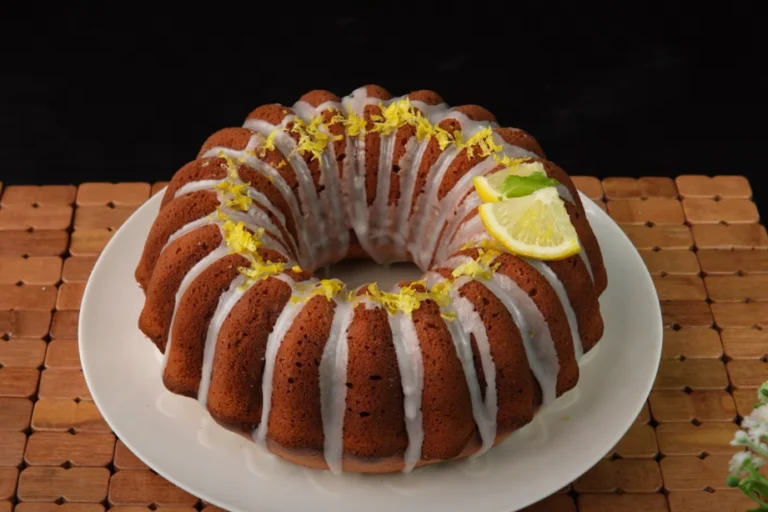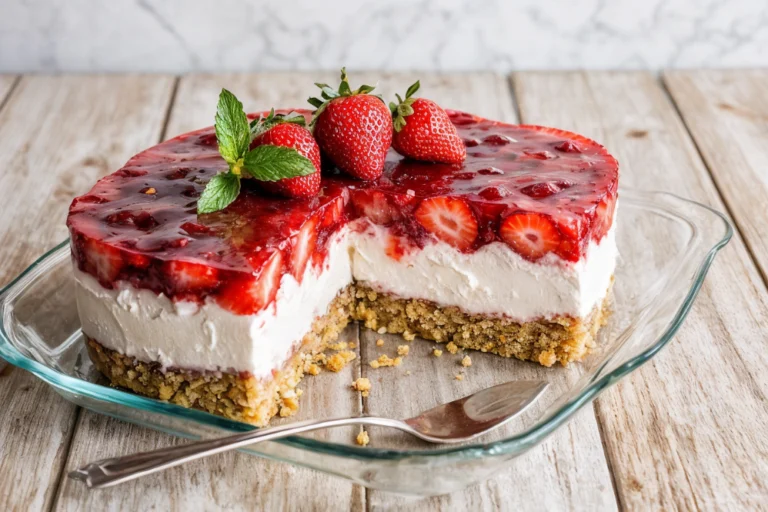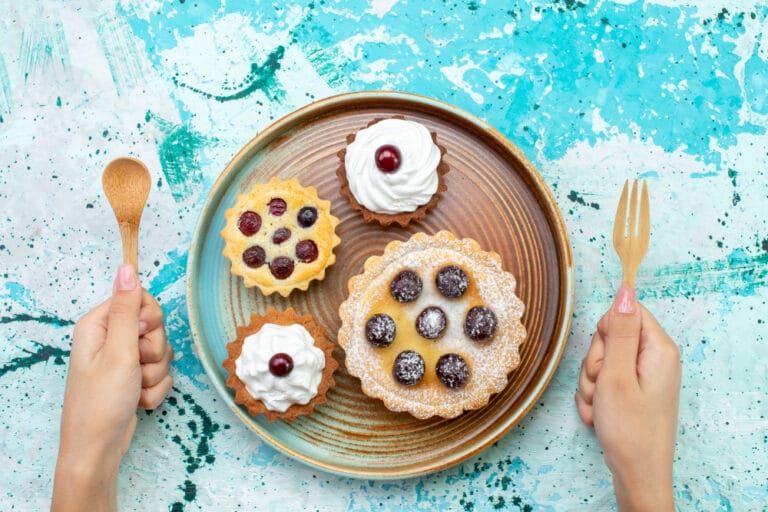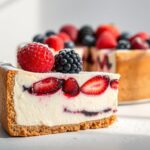Are you craving a rich and creamy dessert but want to keep it healthy? You’re in luck because a high-protein alternative to traditional cheesecakes is now within your reach.
Imagine a dessert that’s not only delicious but also packed with protein and is easy to make. This healthy dessert is perfect for anyone looking to indulge without the guilt.
Listen to our podcast about this article
Table of Contents
This cottage cheese cheesecake recipe is a game-changer. It’s incredibly easy to prepare, requiring just a few ingredients blended together. The result is a smooth, creamy, and refreshing dessert that’s perfect for any occasion.
By using cottage cheese as the base, this cheesecake is not only a healthier option but also a great way to increase your protein intake.
The Benefits of Cottage Cheese Cheesecake
With its rich nutritional profile, cottage cheese cheesecake is a guilt-free dessert option. This dessert not only satisfies your sweet tooth but also provides several health benefits that make it a great choice for those looking for a healthier alternative.
High Protein Content
Cottage cheese is an excellent source of protein, making this cheesecake a great option for those looking to increase their protein intake. The addition of Greek yogurt further boosts the protein content, supporting muscle health and satisfaction.
Lower in Fat and Calories
Compared to traditional cheesecakes, this cottage cheese version is significantly lower in fat and calories. This makes it an attractive dessert for those monitoring their calorie intake or following a weight management diet.
Simple Ingredients
This recipe requires just a handful of common ingredients, including cottage cheese, Greek yogurt, and a few pantry staples. The simplicity of the ingredient list makes this recipe budget-friendly and accessible to novice bakers.
Ingredients You’ll Need
To make a delicious cottage cheese cheesecake, you’ll need to gather a few simple ingredients. The ingredients are divided into two categories: those for the cheesecake filling and those for the optional graham cracker crust.
For the Cheesecake Filling
The cheesecake filling requires cottage cheese as the main ingredient, along with other essentials like eggs, vanilla extract, and a sweetener of your choice. The quality of the cottage cheese will significantly impact the texture and taste of your cheesecake.
- 🧀 Cottage cheese (main ingredient)
- 🥚 Eggs
- 🍦 Vanilla extract
- 🍯 Sweetener of your choice (e.g., sugar, honey, maple syrup, stevia)
For the Optional Graham Cracker Crust
For a traditional cheesecake experience, you can create a crust using graham cracker crumbs. You’ll need:
- 🍪 Graham cracker crumbs (3/4 cup – base of the crust)
- 🧈 Melted butter (3 tablespoons – binds the crumbs)
- 🍚 Sugar (1 tablespoon – for sweetness)
- 🧂 Kosher salt (a pinch – balances flavor)
The crust is optional, and you can make a crustless version for fewer carbs and calories if preferred.
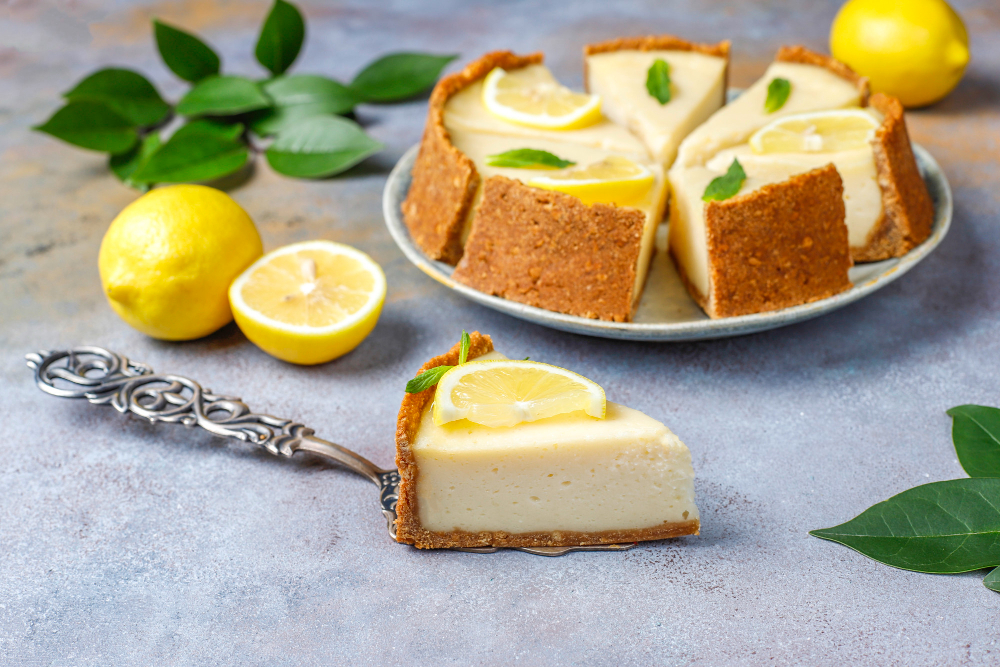
Kitchen Equipment Required
Before you start baking your cottage cheese cheesecake, it’s essential to have the right kitchen equipment. The good news is that you likely have most of the necessary tools already in your kitchen.
Essential Tools
You will need a pan to bake your cheesecake. While a springform pan is recommended for easier removal, you can also use a regular cake pan lined with parchment paper to facilitate cheesecake removal. An oven is also a must-have for baking your cheesecake to perfection.
Optional Equipment
Some equipment can make the process easier or improve the outcome. For instance, a kitchen scale can provide precise measurements, especially for cottage cheese and flour. A water bath setup can help prevent cracking, and a stand mixer can be used in place of a food processor, though the texture may vary. You can also use a fine-mesh strainer to remove any extra liquid from the cottage cheese if necessary.
| Equipment | Purpose | Essential/Optional |
|---|---|---|
| Pan (Springform or Regular) | Baking the cheesecake | Essential |
| Parchment Paper | Lining the pan for easy removal | Essential |
| Oven | Baking the cheesecake | Essential |
| Kitchen Scale | Precise measurement of ingredients | Optional |
| Water Bath Setup | Preventing cheesecake from cracking | Optional |
Having the right equipment can make a significant difference in the outcome of your cheesecake. Whether you’re a seasoned baker or a novice, using the appropriate tools will help you achieve a delicious and visually appealing cottage cheese cheesecake.
See also: Best healthy cheesecake recipes that are high in proteinPreparing Your Cottage Cheese Cheesecake
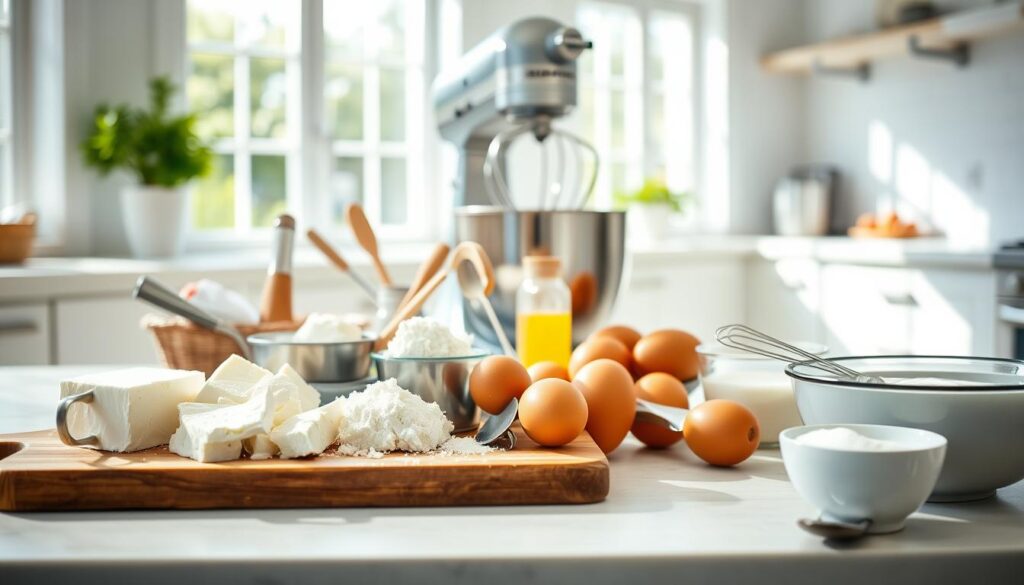
To prepare your cottage cheese cheesecake, you’ll need to follow a few key steps. This involves making the graham cracker crust (if using), blending the cheesecake filling, and preparing your pan.
Making the Graham Cracker Crust (Optional)
If you’re going with a graham cracker crust, just mix the crushed crackers with some sweetener and melted butter until everything’s nicely blended. Press this mixture into the bottom of your pan to form the crust. This step adds a delightful crunch to your cheesecake.
Blending the Cheesecake Filling
Blend the cottage cheese, eggs, and any flavorings you like until the mixture is nice and smooth. Pour the cottage cheese mixture into your prepared pan, whether it has a crust or not. Make sure to blend the mixture thoroughly for a creamy texture.
Preparing Your Pan
Before adding the cheesecake filling, prepare your pan. If using a springform pan, ensure it’s securely closed and lightly greased. For a crustless version, grease your pan or line it with parchment paper. This step is crucial to prevent your cheesecake from sticking.
| Pan Type | Preparation |
|---|---|
| Springform Pan | Securely closed and lightly greased |
| Regular Cake Pan | Greased or lined with parchment paper |
Baking Instructions
To ensure your cottage cheese cheesecake turns out right, follow these baking instructions carefully. The right texture and baking time are crucial for a perfect cheesecake.
Temperature and Timing
Bake your cottage cheese cheesecake at the right temperature and for the appropriate amount of time or minutes. This ensures that the cake is cooked through without overcooking.
How to Tell When It’s Done
Your cheesecake is done when the edges are set and slightly pulled away from the pan’s sides. The center should be slightly jiggly, about a 2-3 inch diameter, when you gently shake the pan. The surface should appear matte, and the edges may start to turn golden. If using a thermometer, the internal temperature should reach 150°F (65°C).
Avoid overbaking, as it can lead to a dry, cracked cheesecake. It’s better to slightly underbake than overbake, ensuring a smooth and creamy texture for your cottage cheese dessert.
Cooling and Setting Your Cheesecake
Once your cottage cheese cheesecake is baked, the next crucial step is cooling it properly. This step is key to getting the right texture and avoiding any cracks.
Room Temperature Cooling
After baking, let your cheesecake cool in the pan at room temps. This initial cooling phase helps prevent sudden temperature changes that can cause cracking. It’s a simple yet crucial step in the process.
Refrigeration Time
After it cools, pop your cheesecake in the fridge for at least 4 hours—or even better, let it chill overnight. This extended chilling time allows the cheesecake to fully set and develop its optimal flavor and texture. Cover it loosely with plastic wrap or aluminum foil to prevent absorbing other odors.
| Cooling Method | Duration | Benefits |
|---|---|---|
| Room Temperature | Until cooled | Prevents cracking |
| Refrigeration | At least 4 hours | Sets the cheesecake, improves texture |
By following these steps, your cottage cheese cheesecake will be perfectly set and ready to serve. Proper cooling and setting are key to a delicious and visually appealing cheesecake.
Delicious Topping Ideas
Discover the perfect finishing touch for your cottage cheese cheesecake with our topping ideas. The versatility of this dessert allows for a wide range of toppings to suit any taste or occasion.
Fresh Fruit Options
Fresh fruit brings a burst of flavor and color to your cheesecake. Consider topping your cottage cheese cheesecake with seasonal fruits like strawberries, blueberries, or raspberries for a refreshing twist.
Compotes and Sauces
A fruit compote or a drizzle of chocolate sauce can add a rich and indulgent touch. For a decadent treat, try pairing your cheesecake with a warm chocolate sauce or a tangy fruit compote, creating a delightful texture contrast.
Crunchy Toppings
For added crunch, consider toppings like toasted nuts, granola, or crushed graham crackers. These not only provide a satisfying texture variation but also complement the creamy cheesecake. You can also sprinkle chocolate shavings or mini chocolate chips for an extra treat.
| Topping | Description | Benefit |
|---|---|---|
| Fresh Fruit | Seasonal fruits like strawberries or blueberries | Adds natural sweetness and flavor |
| Granola | Homemade or store-bought granola | Provides crunch and additional nutrition |
| Chocolate Shavings | Dark, milk, or white chocolate | Adds a rich, indulgent flavor |
Recipe Variations
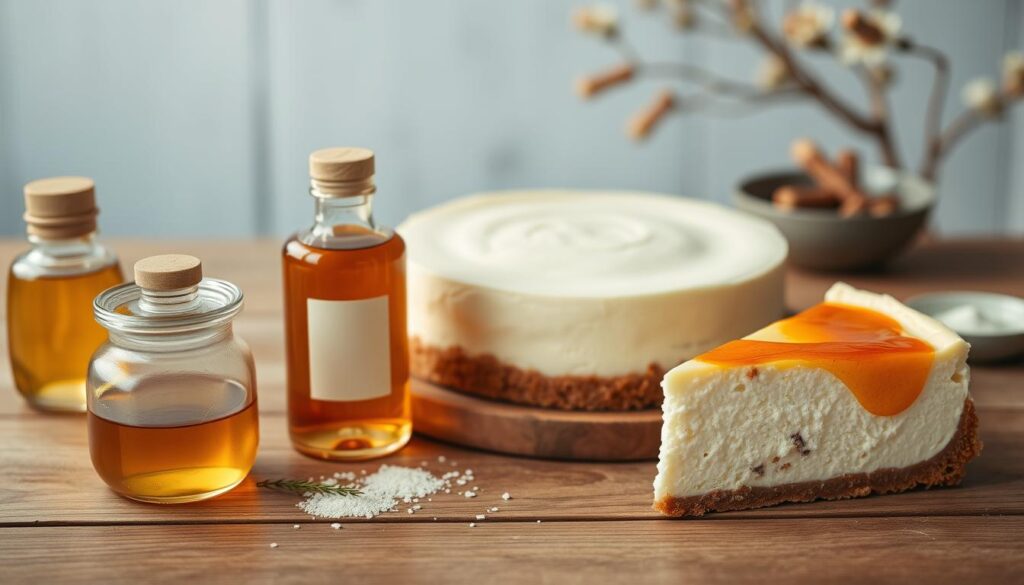
The versatility of cottage cheese cheesecake allows for a wide range of recipe variations. You can experiment with different flavors and sweeteners to create a cheesecake that suits your taste preferences.
Flavor Additions
You can enhance your cottage cheese cheesecake with various flavor additions. Consider incorporating extracts like vanilla or almond to give your cheesecake a unique twist. A pinch of salt can help balance out the sweetness, and trying out different combos might lead you to some fun, new flavors.
Some ideas include adding a teaspoon of citrus zest for a refreshing flavor or using different types of nuts for added texture. The key is to bring balance to the flavors so that they complement the cottage cheese.
Sweetener Alternatives
When it comes to sweetening your cheesecake, you have several alternatives to white sugar. You can replace white sugar with honey for a more natural sweetener that adds subtle floral notes. Maple syrup is another option that contributes rich, caramel-like flavor notes.
- Use stevia or monk fruit sweetener for a zero-calorie option, adjusting quantities as needed due to their high sweetness.
- Coconut sugar is a great lower-glycemic option with a touch of caramel flavor.
- Agave nectar offers a neutral sweetness that won’t overpower the delicate flavor of the cottage cheese.
- For those monitoring sugar intake, erythritol or xylitol can be used as cup-for-cup replacements for regular sugar.
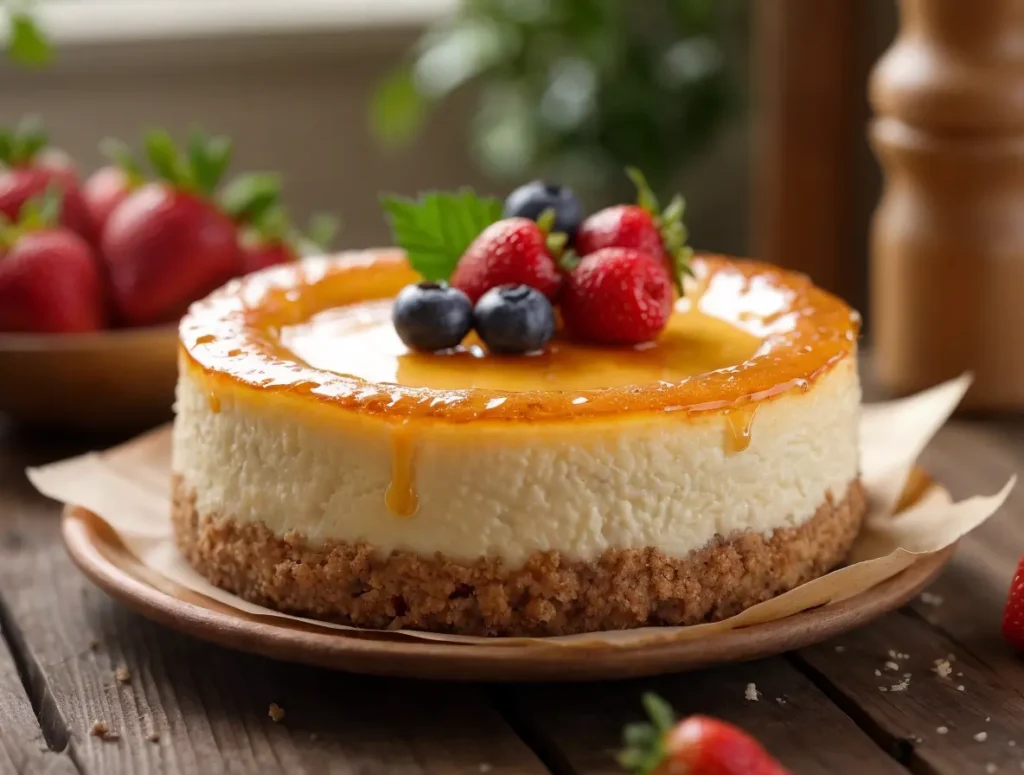
Storage and Serving Tips
To keep your cottage cheese cheesecake fresh and delicious, follow these storage and serving tips.
How Long It Lasts
You can store your cottage cheese cheesecake in the fridge. It usually stays good for a few days when kept chilled. The typical serving size is about ¼ of the cake.
| Serving Size | Number of Servings |
|---|---|
| Large | 2 |
| Regular | 4 |
| Tiny | 6 |
Best Serving Practices
For the best experience, consider the following serving tips:
- Dip your knife in hot water and wipe it dry between cuts for clean slices.
- Allow the cheesecake to sit at room temperature for 15-20 minutes before serving.
- A standard 6-inch cheesecake serves 4-6 people, while an 8-inch version serves 8-10.
- Serve with toppings on the side, such as cream or fresh fruit, to let guests customize their portions.
For an elegant presentation, dust the top with powdered sugar just before serving. You can also serve with a healthier version of whipped cream made from Greek yogurt mixed with honey and vanilla.
Conclusion
This cottage cheese cheesecake recipe offers a healthier twist on a classic dessert, perfect for any occasion. With its high protein content and simple ingredients, it’s a guilt-free choice that fits into various dietary approaches. Feel free to experiment with different flavors and toppings to make this recipe your own. The blending process transforms the cottage cheese texture, making it enjoyable even for those who aren’t fond of cottage cheese. You can easily print or pin this recipe for future use, and it’s a great option for busy weeknights. Share your creation with friends and family, and enjoy the praise for this reimagined classic dessert.


